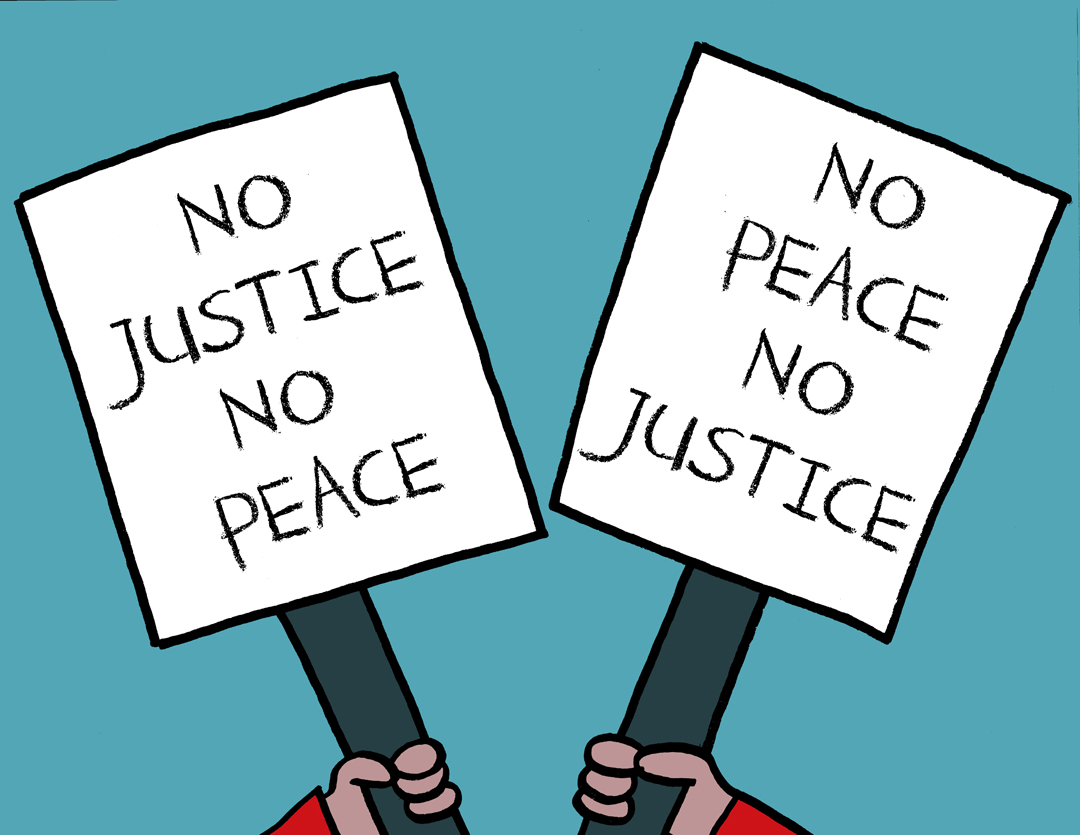
Dear Meli,
I’m a part of a spiritual community and it’s been awesome for a long time. I love the people there, and I’ve grown a lot. But. Lately I’ve been feeling like many of the people there are resistant to applying spiritual principles to some of the issues going on in our country, especially those around diversity. I believe that we are all God’s children, and yet some of God’s children in this county are being treated really badly by the powers that be. The supposedly-spiritual people in my community don’t want to look at that. They actually get mad at me when I try to talk with them about it. I’m not sure what to do, and I’m starting to feel really frustrated with my spiritual community. Do you have any wisdom on this subject?
Diversity Dialoguer
Dear Dialoguer,
First of all, lemme just say, “YAY YOU!” Yay you for caring, and for being willing and open enough to see the lack of justice. And Yay for having what can be challenging conversations with people about that! This is part of what needs to happen.
Of course, there’s WAY more than that that needs no happen for the “justice for all” our country says it stands for. But this is a good place to start.
So, Yay You!
I certainly understand your frustration. Trying to share about something you are passionate about, and not being heard or understood, is painful regardless of the issue. But people in spiritual communities don’t want to see the lack of justice in our nation, it can be particularly painful. And sad. And crazy-making. And on and on…
Part of me wants to suggest that maybe your time in this community is coming to completion. If the core values don’t align, maybe it’s not your right place any more. However, the conversation must be had, in my opinion. And if you leave the community, it won’t happen – or not as soon and not in the same way. So whether it is time for you to go or not is definitely an inner searching kind of question.
Meanwhile, while still in your community and wanting to have the conversations, consider these possible tips:
1. Check your tone. Are you angry? Shaming? I’ve had to make amends for having this type of conversation with someone who reacted with deep shame when my tone was too confrontational. After leaving the situation, I realized I was condemning and judging them when I spoke out. People who don’t know are just that. People who don’t know. Educating is imperative, but being as gentle as possible makes a big difference!
2. Share from your own experience. “I used to think…but then I found out that…
3. If you have the kind of brain that will retain such things, statistical details can be very helpful. For instance, in talking about racial diversity, “Did you know that although African Americans and Hispanics make up approximately 32% of the US population, they comprised 56% of all incarcerated people in 2015?” Or, “I recently learned that if African Americans and Hispanics were incarcerated at the same rates as whites, prison and jail populations would decline by almost 40%!
4. In an online article by Angella Okawa, she suggests three books about how to cultivate cultural awareness, for you or those you are dialoguing with:
‘Waking Up White and Finding Myself in the Story of Race’ by Debby Irving.
‘The New Jim Crow: Mass Incarceration in the Age of Colorblindness’ by Michelle Alexander
‘Born on the Edge of Race and Gender: A Voice for Cultural Competency’ by Willy Wilkenson
5. Explore your own family’s racial, economic, and religious backgrounds more thoroughly. Knowing more about your own family’s history can cultivate awareness that will support greater compassion for others and their stories.
6. Find a core value from your spiritual community (or country) and speak directly to that shared value. For instance, in Centers for Spiritual Living, the Vision is Creating a World that Works for Everyone. It’s easy to point out that any types of bias (whether blatant or unconscious) does not work for everyone! Justicefor Allimplies just that, and while there is discrimination, there is not justice for all.
7. Ask others who share your passion for a world that works for everyone how they approach these kind of conversations.
8. Create an outreach event within your spiritual community, or a group to march in a civil rights march.
9. Point out how you’ve found that opening to learning more about other cultures has helped you in communication with others, and has opened your horizons and/or deepened you spiritually. (This speaks to your shared value of spiritual growth.)
There is so much about talking about this on line! This reply could’ve easily been many pages long. So continue to explore and have the conversations.
And don’t forget to love yourself in the midst! If you are bridging gaps and having difficult conversations, you can assume that you will, at some point, hurt feelings and/or embarrass people. Take responsibility and make amends to the best of your ability. And know that if you are doing your best, that is enough.
Thank you for continuing to talk about what needs to be spoken of! YOU are part of the solution as you do this!
Blessings and Love to you in all you do!
In Joy,
Melissa
What is your experience with social issues and spirituality? Share your comments below!
Want Sneak Peeks, Insider Info, and other Fun Stuff?! Become a member of OhMyGod Life!


Point one really resonated with me. If you come out of a place of anger and disrespect for those who are on the other side or in this case may just be clueless about issues surrounding race. You first have to work on yourself. This has helped me remain stress free during the present administration.
Hi Linda, Beautifully said! And I totally agree. Anger and disrespect for those who disagree with us makes them not be able to hear us. Glad that this awareness is helping you through the current administration!! BIG Love and Blessings, Melissa